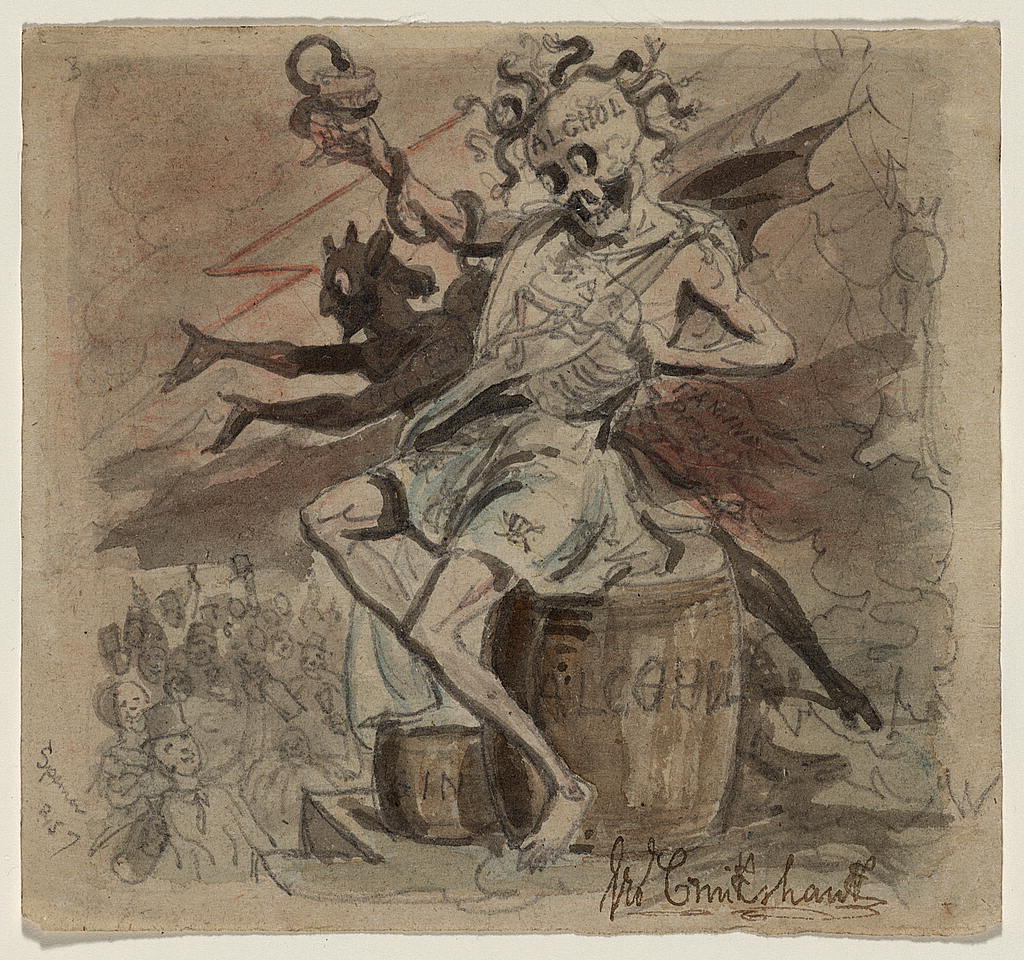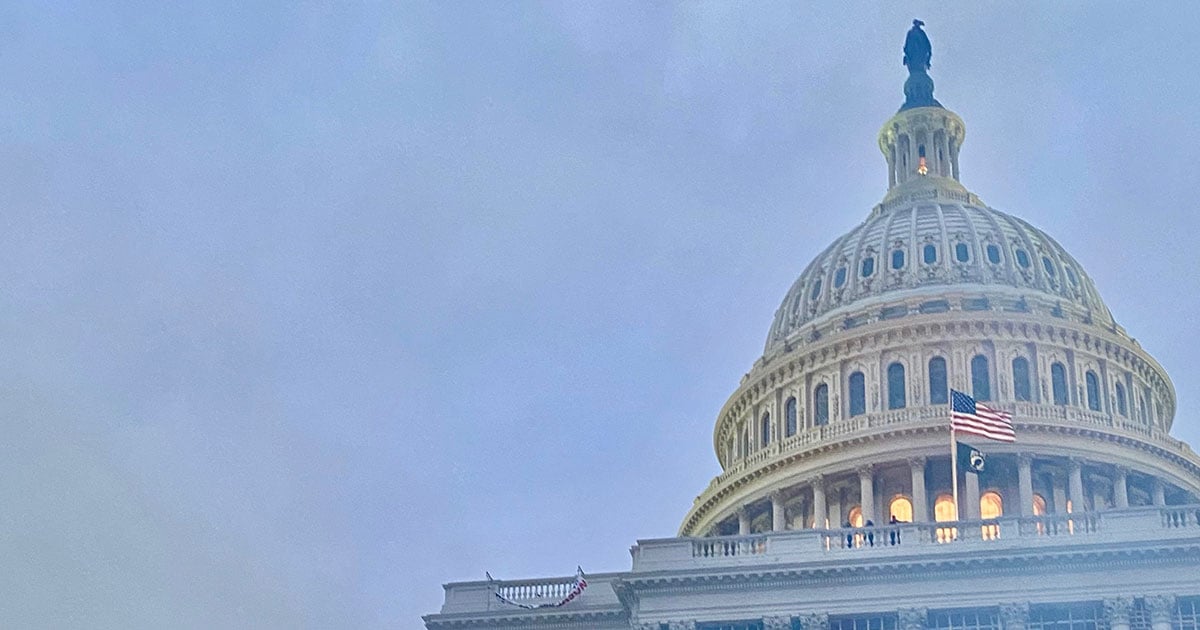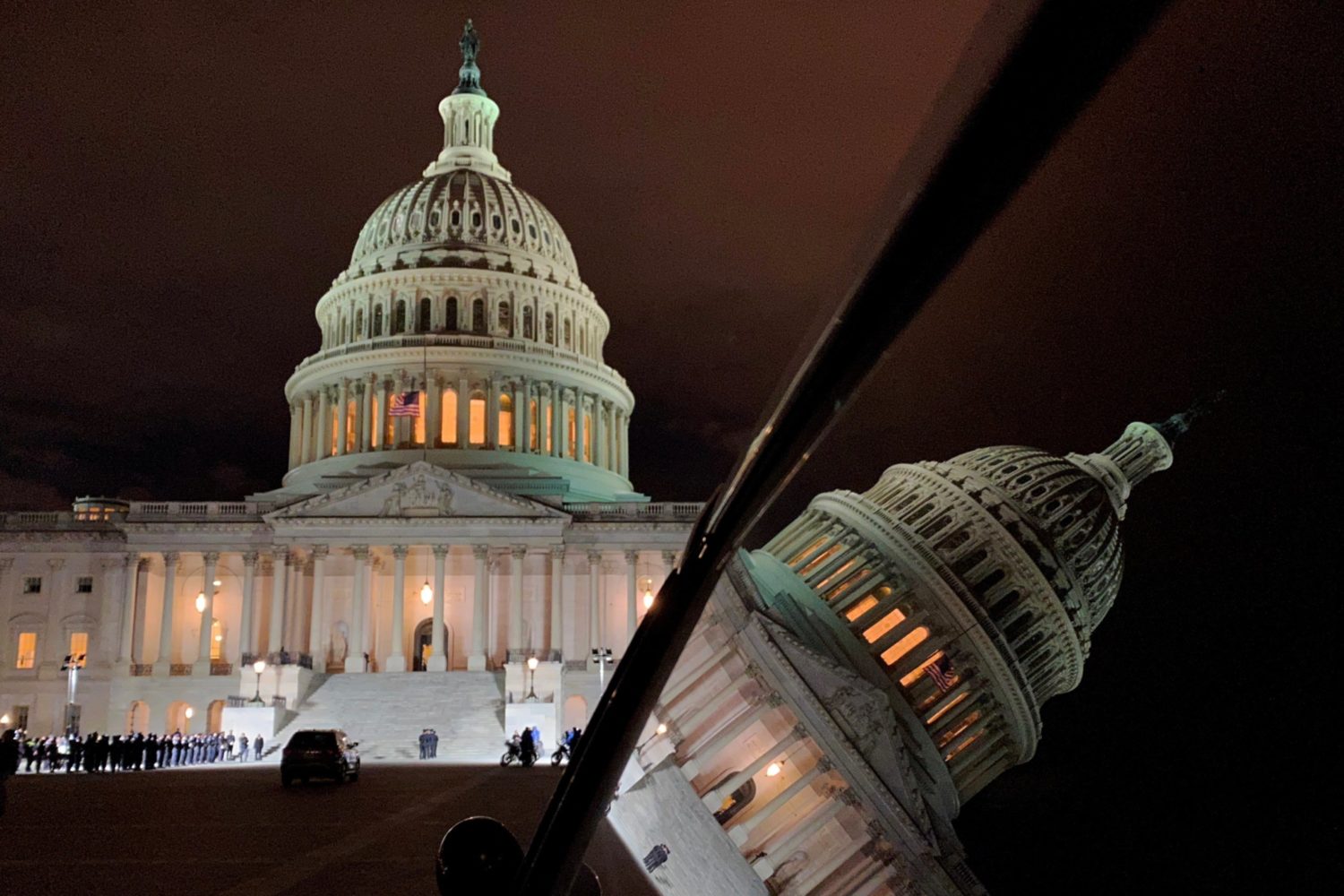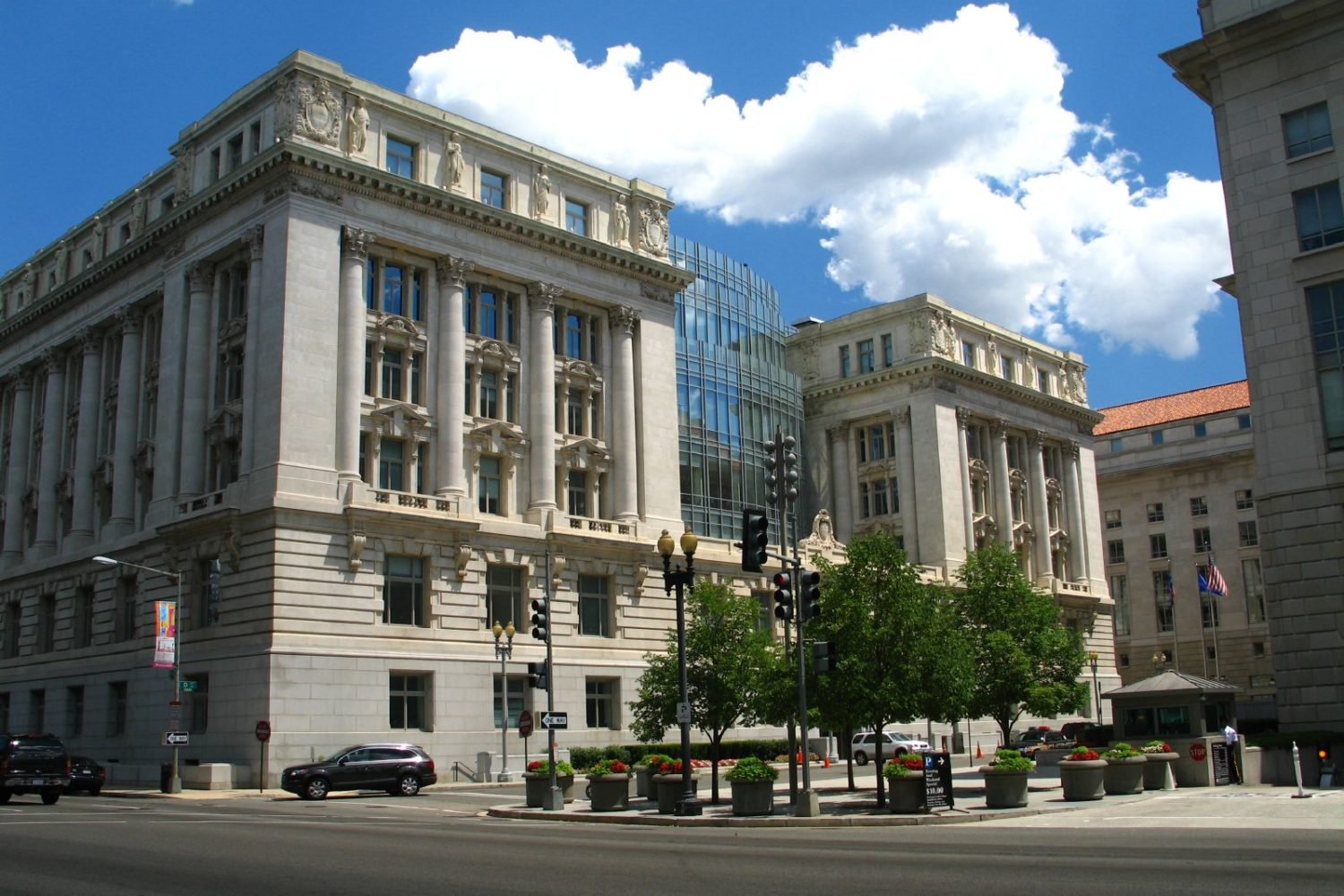US Representative Madison Cawthorn is in hot water with his fellow Republicans for comments he made to the Warrior Poet Society about scurrilous goings-on in Washington: “We’re going to have a kind of sexual get-together at one of our homes; you should come,” he claims people in DC he once looked up to asked him. “And then you realize they’re asking you to come to an orgy.” So not a monogamous sexual get-together. An orgiastic sexual get-together.
In fact, orgies have been a fixture in Washington society for decades, as a spin through the Washington Post archives going back to the turn of the century reveals. The term “orgy” pops up with surprising frequency in headlines, often in the context of baseball games where a lot of hitting it occurred. (I’m talking about a baseball! Sheesh!) Washingtonian identified several types of orgies that have given authorities headaches over the years.
Congressional orgies
- Wild parties in House office buildings had become a huge problem by 1923, the Post reported. At “one of the parties staged in the offices of a dry representative corn whisky and hard cider were the chief liquid refreshments,” the paper wrote. “All went well for a short time until the whisky and the cider got in their work and the men got in a free-for-all fight over the girls.”
- The solution? The superintendent of public buildings put up a sign: “Visitors not allowed after 5 p.m.”
- These orgies proceeded despite warnings in 1905 from James Inman, a farmer from Beaver County, Pennsylvania, who nominated himself for President. “[T]here is a national scandal over drunken Congressmen, who go staggering through the halls of the Capitol, while the inmates of their seraglios dance the can-can in tipsy revelry in committee rooms,” he told the Post. He intended to ban all orgies—is it any surprise he never won?
Communist orgies
- True patriots in the 1950s knew what the reds were up to: orgies! Lots of them! Harvey M. Matusow of Dayton, Ohio, testified before the House Un-American Activities Committee on February 7, 1952, that communists “conducted sex orgies to win adult recruits and distorted age-old nursery rhymes to teach children the party line.” It seems like an effective tactic: Someone dangles an orgy in front of you while trying to recruit you? You’re taking that meeting, am I right?
- A few months later, a Czech diplomat was accused of running “all-male sex parties” with the intention of “extracting information from effeminate American guests.” These soirees took place at the diplomat’s apartment on 20th Street, shocked senators on the Internal Security Subcommittee heard. Senator Pat McCarran demanded that such undesirables be deported and that the US be rid of “these treacherous aliens.”
Everyday sordid orgies
- Students—”among them sons and daughters of respectable families”—were holding orgies all over town, the Post reported in October 1936. The fuel for these dismal affairs? “Marihuana,” sold in “reefers” that could be acquired, two for 25 cents, and “easily obtainable in the District,” which had no laws against its possession or use.
- A former psychological warfare specialist for the Army was accused of being a “sex psychopath” following “months of police investigation into a series of orgies he allegedly sponsored for the treatment of his patients,” the Post reported in June 1951. Information about the disposition of this case was not immediately available.
- Tampa policeman John Kirk, 38, testified in court in 1971 that while minding his own business at the Hotel Sonesta, three women burst into his room at 2:30 and shouted “We’re going to have a sex orgy!” They tried to strip him of his clothes, he said, and then “cavorted around the room partially dressed” before taking his wallet. He told the court he offered only “mental resistance.” Two of the women were convicted and fined.




















